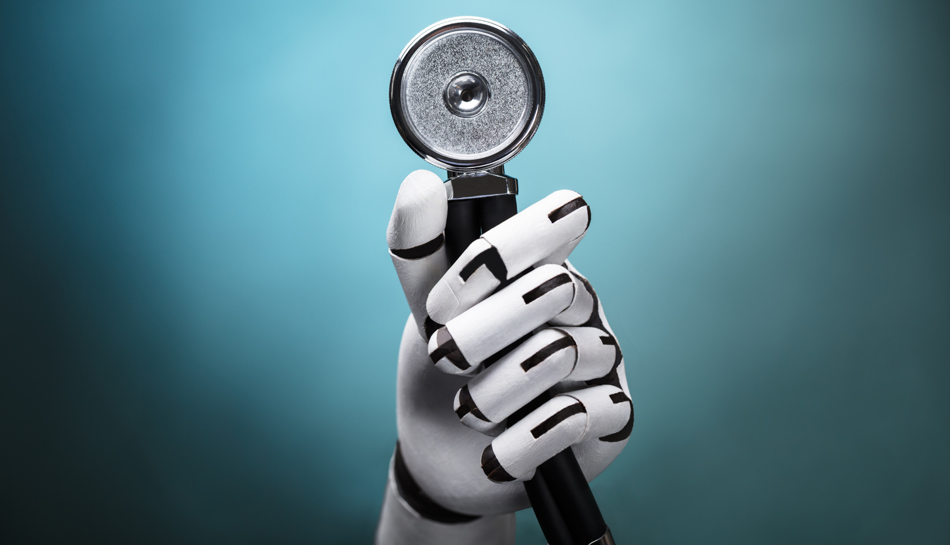
AI is proving to be increasingly beneficial to the healthcare industry, with innovations such as robot assisted surgeries, AI diagnosis, and AI chat bots to name a few. As technology continues to evolve, the possibilities seem endless. Whatever the use case, AI in healthcare ultimately aims to improve quality and efficiency.
Yet despite this, and the many proven benefits, there are also reservations, with concerns often coming from the patients themselves. Traditionally, healthcare delivery has been a face-to-face interaction: the doctor sees their patient to assess and provide treatment. How do patients feel about this shift from traditional to AI-enabled healthcare?
We asked 1,594 panelists in the US and Europe whether they would trust an AI diagnosis over a traditional diagnosis. Check out the results.
Of the participants who responded, over one- third revealed they would not trust an AI diagnosis, almost a quarter would trust the AI diagnosis more, and over one-fifth felt it wouldn’t make a difference. With no significant majority and conflicting opinions, it could be deduced that whilst the scientific benefits have been proven, there is a need to communicate these benefits to the end-users of AI healthcare: patients.
Get more patient insights with the M3 Patient Panel.





